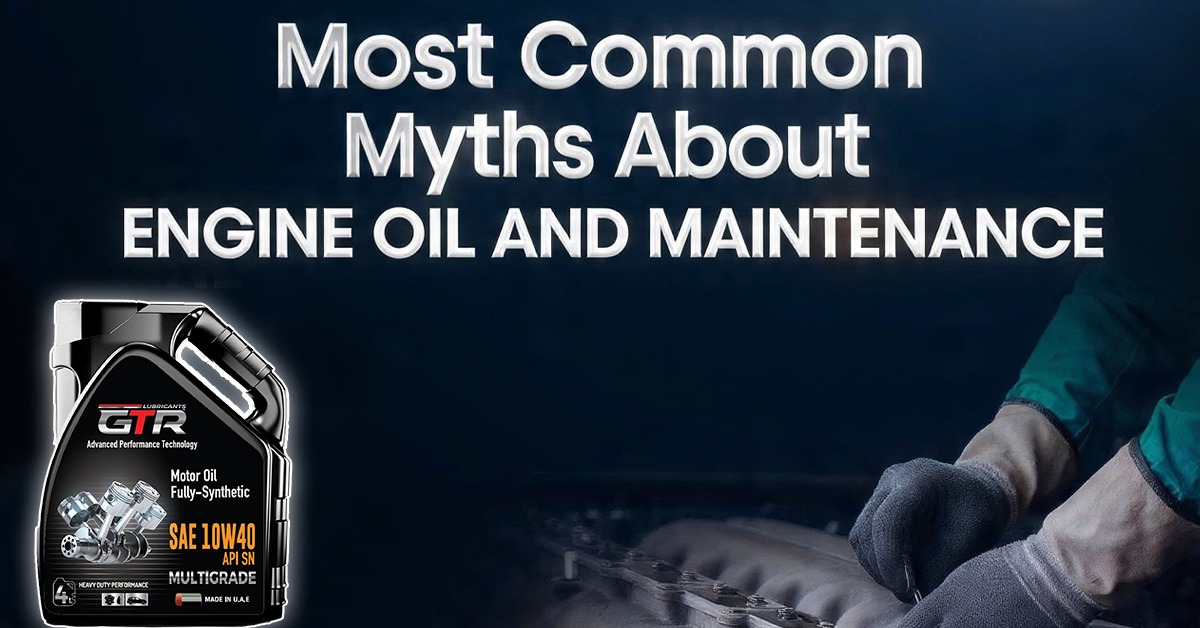Your engine might be a modern marvel. Its lifespan is shortening if you continue to use the incorrect oil. By 2025, modern vehicles has become more intelligent, quicker, more fuel-efficient. They also have higher lubrication requirements. These days, selecting the best engine oil is more important than brand or cost. Since it’s preserving precisely engineered engines that operate hotter, cleaner, and tighter than before.
Using the best synthetic oil for engine is essential for long-term performance and dependability. Regardless of whether you drive a performance hatchback, hybrid sedan, or turbocharged SUV. This article will explain the important things to think about and demonstrate how AA3 Solution’s cutting-edge synthetic oils satisfy the demands of modern engines.
Synthetic vs. Conventional Oil: What’s Best in 2025?
Most modern engines now use full synthetic oils as standard. This is because they work better in severe temperatures, are cleaner to use, and need to be changed less often.
Synthetic Oil:
The best engine oil that are high-performance, hybrid, or turbocharged. Provides superior protection against wear, higher fuel economy, and longer life.
Conventional Oil:
It’s cheaper, but it’s not good for newer engines because it breaks down faster and doesn’t work as well in tough situations.
Pro Tip: Only think about synthetic blends if your car is older or the manual says it’s okay. If not, stay with 100% synthetic for later models.
Why Synthetic Oil is the Best Choice in 2025
Synthetic engine oils are created at the molecular level to work better, stay stable at high temperatures, and last longer than regular lubricants. Synthetic oil gives modern engines, especially those with direct injection, turbochargers, and stop-start systems, the following benefits:
- Faster lubrication when starting up in the cold
- Cleaner engines
- Better resistance to oxidation and sludge
- Longer drain intervals
In short, synthetic oil is no longer a luxury; it’s a need.
Key Factors to Consider When Choosing Synthetic Engine Oil
It’s not just about the brand when it comes to choosing the correct synthetic engine oil. You also need to be sure that the oil meets the needs of your engine. Before you make your choice, here are the most important things to think about.
- Viscosity Grade (e.g., 0W-20, 5W-30)
The viscosity of premium oil tells you how well it flows at different temperatures. Most modern cars use low-viscosity grades like 0W-20 or 5W-30 to improve engine performance and fuel economy.
- OEM Specifications & Certifications
Always check your vehicle manual for required oil certifications. These might include:
- API SP
- ILSAC GF-6
- ACEA C5 (for European vehicles)
- Additive Package Quality
The additive package is what makes high-quality synthetic oils different. These are chemicals that keep the engine clean, minimize friction, and battle wear. Look for lubricants that have:
- Anti-wear agents (like zinc and phosphorus)
- Detergents to keep the engine clean
- Friction modifiers to make it run more smoothly
- Driving Conditions & Engine Load
It’s crucial to know where and how to drive. Long journeys on the highway, heavy traffic in the city, particularly hot weather, or towing put greater strain on your engine. Oils that function effectively in these settings need to be able to stay thick, not break down, and protect against pressure. These needs are met by modern synthetic mixtures. They work wonderfully when you’re trapped in traffic or driving across the country.
- Drain Interval Expectations
Some modern synthetic oils last over 15,000 km or more. But not all synthetic materials are the same. Oil that is high grade can benefit you:
- Reduce service costs
- Protect engines over long intervals
- Improve vehicle resale value
- Environmental and Fuel Efficiency Goals
Picking the correct synthetic oil can help your car use less fuel and release less CO₂. Lighter oils, such 0W-16 or 0W-20, protect the engine while also making it easier to move.
- Engine Compatibility
It’s important to know the type of engine either its Turbocharged, Diesel, or High-mileage? Using the wrong type can reduce performance or even cause long-term damage.
Why Choose AA3 Solution Engine Oils?
We don’t simply sell things at AA3 Solution; we also provide engineered solutions. All of our synthetic oils are:
- Tested in a lab and guaranteed to be of high quality.
- Supported by global lubricant certifications.
- Made to work with a lot of different modern cars, like Japanese, European, and American ones.
We made to work well under strain, no matter what kind of car you drive, whether it’s a sedan, SUV, hybrid, or commercial fleet vehicle.
We provide a wide range of high-quality lubricant brands, including Nexon Prime, GTR, Tora, MG Hawk, Katadaichi, and Silver OX. Each one is designed to satisfy the needs of varied climates, vehicle kinds, and service requirements. Each vehicle and use case has its own set of problems. Different climates, traffic patterns, engine types, and operational loads need different lubricating systems.
| Brand | Best For | Key Strengths |
| Nexon Prime | Year-round passenger vehicle use | Balanced protection for both hot and cold climates; improved fuel efficiency |
| GTR | Commercial, heavy-duty, hot or humid climates | Viscosity stability under load; oxidation and wear resistance |
| Tora | High-performance motorcycles | Excellent clutch and gear protection; high-temp durability |
| MG Hawk | Broad vehicle types across global markets | Premium base oils; fuel savings; consistency across temperatures |
| Katadaichi / Silver OX | Localized or specialized fleet needs | Cost-effective, tailored solutions; adaptability for regional OEM specs |
Final Thoughts
Choosing the best oil for car in 2025 isn’t just about price. It’s about performance, longevity, and peace of mind. With advanced formulations, high-performance additives, and climate-adaptive options, AA3 Solution offers you the confidence to drive smarter and safer.


